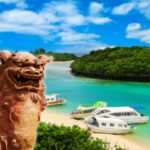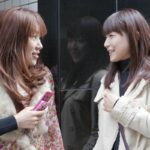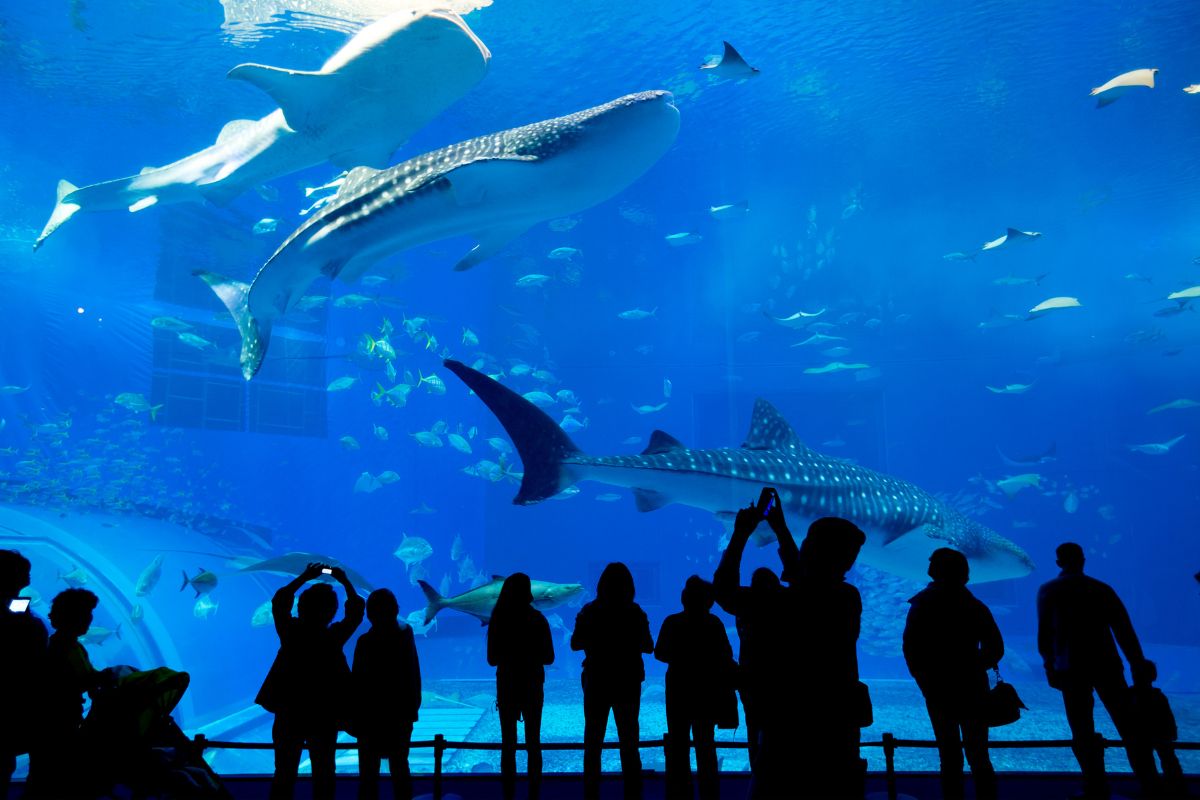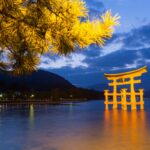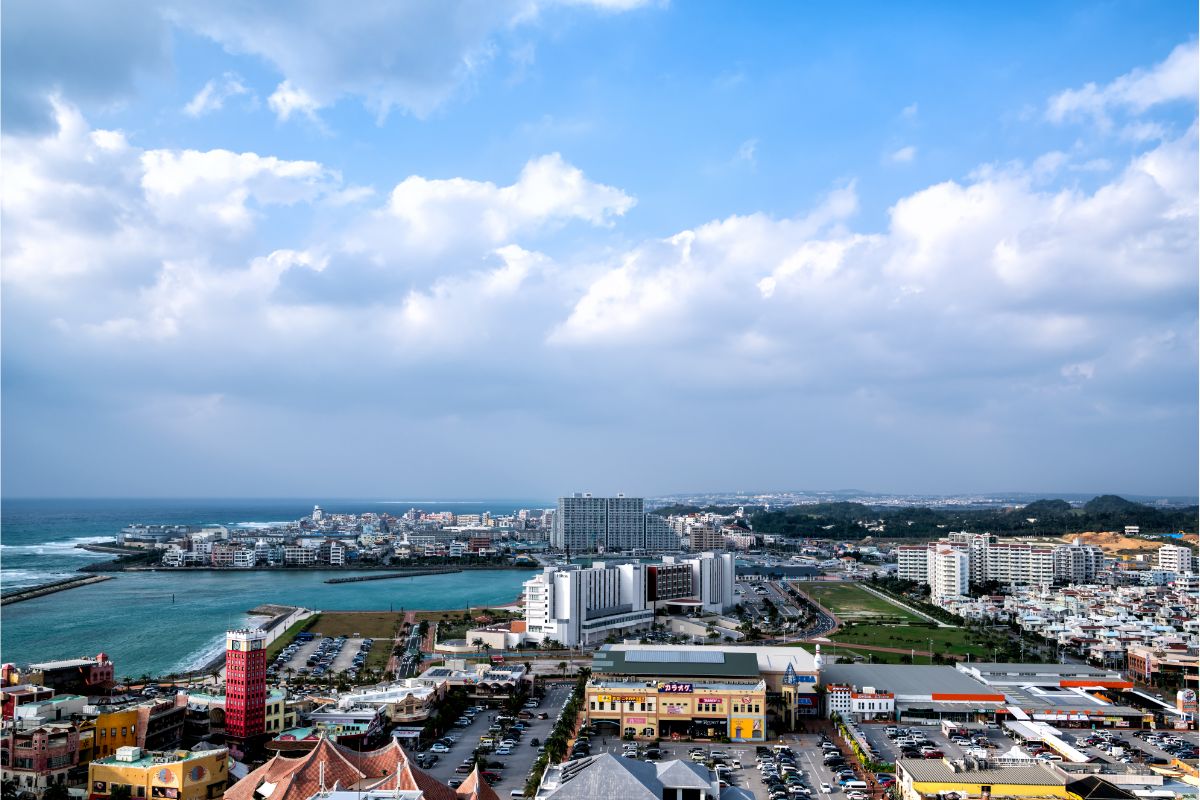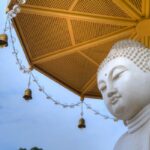Religion is an important part of many people’s lives around the world. In Japan, it is known that the primary religion is Shintoism – but this does not apply to all parts of Japan.
Okinawa is the southernmost prefecture in Japan and is made up of a series of small islands located near Taiwan.
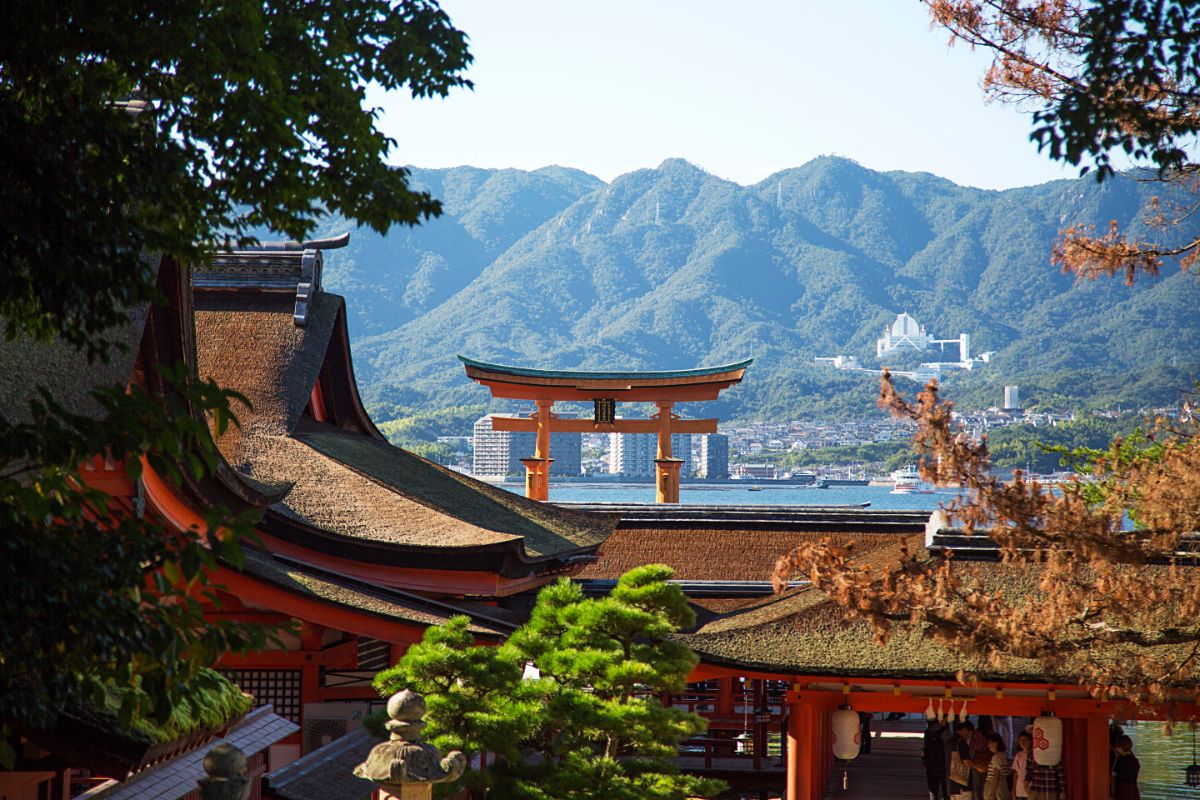
This archipelago has a history that is independent of the rest of Japan. The people in Okinawa speak Okinawan Japanese, have completely different food from the rest of Japan, and even follow a different religion.
What is this religion? How many people practice it? What are the beliefs and practices? We will answer everything you need to know here in this article.
What Is The Main Religion Practiced In Okinawa?
While Shintoism and Buddhism are the primary religions in Japan, Ryukyuan is the one commonly practiced in Okinawa.
This has many differences from the most widespread religions, but also a number of similarities. Over the years, these have all had an influence on one another and changed the way followers interact and act on their beliefs.
Ryukyuan, while it is not a well-known belief system, holds an important place in the hearts of those in Okinawa and the surrounding area.
The religion primarily focuses on ancestor worship and reverence, and has many deities. In this way, Ryukyuan holds some similarities with the widely known Shinto and even has many Buddhist ideas.
About The Ryukyuan Religion
The Ryukyuan religion is practiced in the Ryukyu Islands – a chain of islands that are part of Japan.
These islands stretch southwest to Taiwan from Kyushu, and include the Japanese paradise of Okinawa, also called “Japan’s Hawaii”.
Legends and traditions in this religion are likely to vary from one island to another within the archipelago. However, the core beliefs of the religion are the same no matter where you go.
This includes ancestor worship as well as respecting the relationship between the living and the dead, and the gods and spirits.
This religion has a number of unique beliefs about the world, but these beliefs have evolved over time as many do.
Practices and beliefs have been influenced by a multitude of other religions over the centuries, like Taoism, Confucianism, Buddhism, and Japanese Shinto
Ryukyuan Beliefs
Ancestors play a key role in Ryukyuan beliefs. The source of life is believed to have come from the ultimate ancestors – Utin or the father (heaven), Jiichi or the mother (earth), and Ryuuguu or the birthplace (the sea).
In ancient times (Usachi yu), these ultimate ancestors originated and even lived with the gods of the world. They are highly respected and are worshiped by Ryukyuan communities as the originators of everything.
There are also ancestors that lived during the Middle Ages (Nakaga yu). These ancestors did not live with the gods but lived 25 or more generations ago.
No matter how old the ancestors are, in the Ryukyuan religion, they are all respected and referred to as the Futuchi. The people worship them in Buddhist temples.
The more immediate ancestors who lived less than 25 generations ago lived in ima-ga-yuu (the present age).
While they are enshrined in the ancestors’ altar (buchidan), they are thought to visit their homes and their family’s tombs on special occasions.
Rituals In The Ryukyuan Religion
Family is at the center of this religion, and the oldest female members of families act as priestesses.
They are the primary celebrant, and they are the ones who perform the rituals in Ryukyuan households. These rituals may concern other family members, ancestors, or different gods.
Incense is offered every day, and people deliver their prayer reports out loud.
The oldest woman in the family also has the responsibility of cleaning and taking care of the furugan, or the bathroom god, the buchidan (ancestor’s altar), and both the hearth and the hearth god (hinukan).
Women are traditionally believed to be spiritually stronger than men, while men are deemed spiritually vulnerable. Because of this, the most prominent religious figures on the islands are women, who are priestesses.
King Sho Shin officially formalized the role of a priestess in the 15th century.
From there the role was introduced to the royal court, and a new hierarchy of priestesses was introduced, with their leader being the King’s own sister.
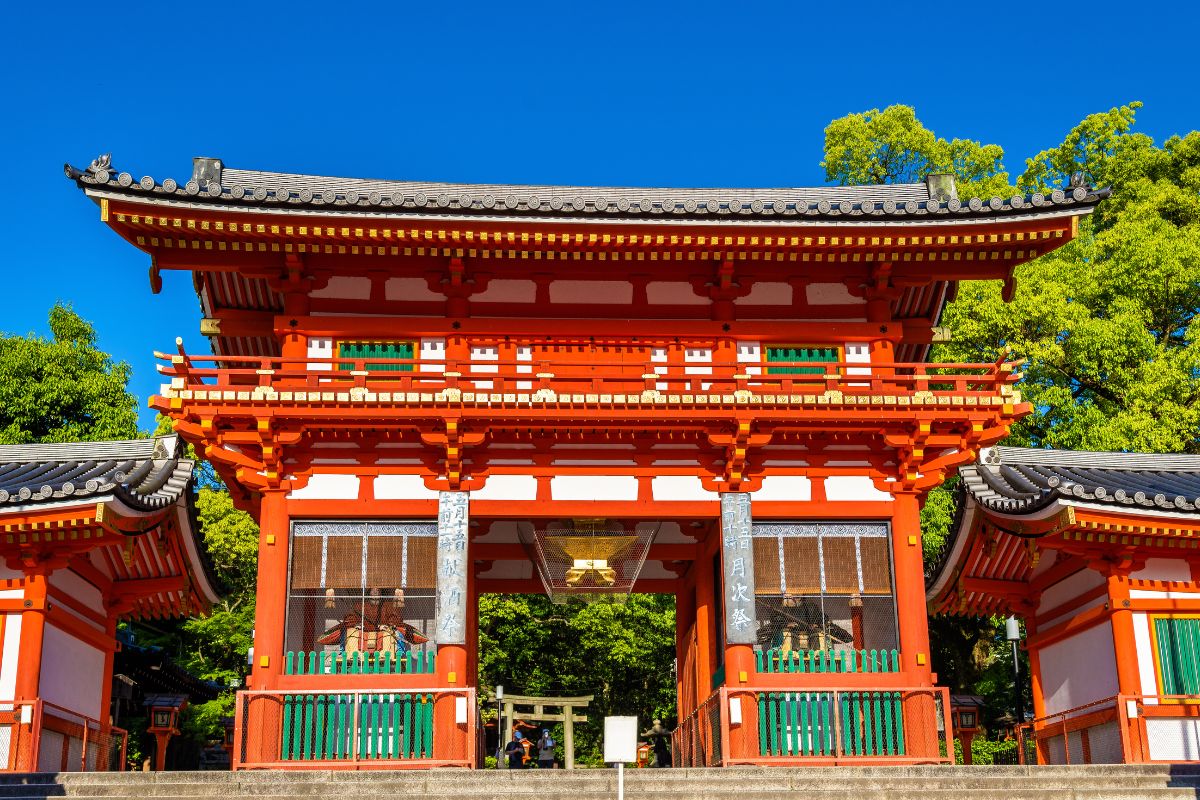
Butsudan Or Buchidan
This is a core element of ancestor worship and is a small area (often a closet) within a guest room (Ichibanza) of the house. The buchidan is used as a family altar.
Here, there are typically numerous plaques and memorials to honor family members and ancestors. Things like incense and alcohol are often left as offerings.
There is no Buddha statue, but instead has memorial tablets, an idea they borrow from Confucianism. These buchidan closest are typically passed from one generation down to the first-born of the next.
During special occasions, family members will assemble around the buchidan and give offerings. Things might include things like water, tea, cooked rice, incense, and more.
The oldest woman in the house will even decorate the closest with various tropical fruits like pineapples, mangoes, tangerines, apples, and other tropical fruits!
What Other Deities Are There In Ryukyuan?
The gods within the home are worshiped the most. However, there are also a number of other powerful deities in this religion that are revered.
Communities will pray to the deities of the mountains and sea for success in agriculture and fishing.
There are also deities or spirits that inhabit caves, trees, rocks, springs, and more.
These are all respected as individuals, much like followers respect the spirits or ghosts of the ancient and powerful ancestors who live in the same places as these deities.
What Are The Other Religions In Okinawa?
Much like the rest of the world, there are a number of different religions that are practiced in Okinawa and the rest of Japan.
While the primary religions throughout Japan are Shintoism and Buddhism, other faiths like Christianity are occasionally practiced too.
However, only around 1% of the Japanese population consider themselves to be Christian today.
Confucianism is also one of the more popular belief systems throughout Japan.
However, there are still arguments about whether this is actually a religion or a philosophy since it focuses on the importance of personal ethics and morality rather than worship.
Final Thoughts
It is impossible to ignore the influence of various religions such as Taoism, Confucianism, Shinto, and Buddhism have had on the Ryukyuan religion.
However, there are a number of things that set Ryukyuan apart from the rest. This is largely thanks to the fact that Okinawa has had its own unique history completely separate from Japan’s.
While Okinawa is now a part of Japan (only since 1879), the cultures and religions are distinct.
This separation has led to Okinawa having its own language and a completely different way of time, which many people could only dream of.
Their difference in religion and beliefs, while altered when other religions were introduced, has remained their own.
- 16 Best Websites To Watch Japanese Movies With English Subtitles - May 11, 2023
- Is ZIPAIR The Best Airline For Traveling To Japan? - May 11, 2023
- Ryu Murakami Vs Haruki Murakami – Which One Should You Read? - May 11, 2023

